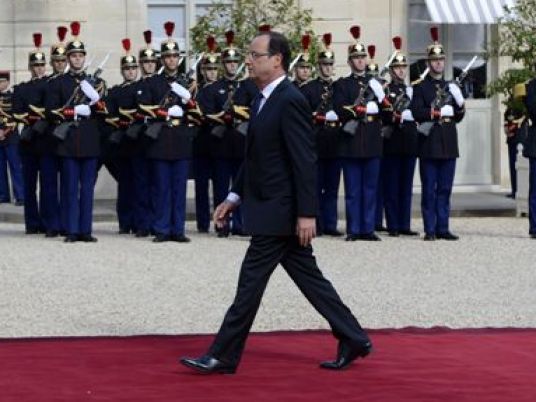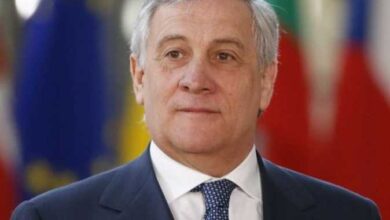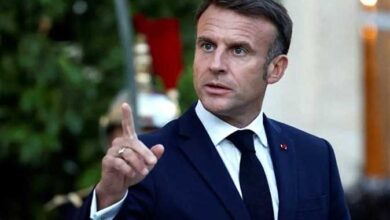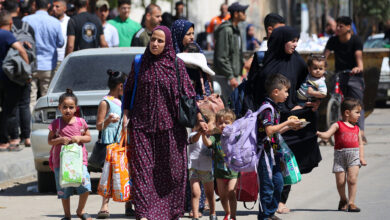
France's president said on Friday that upheaval across the Middle East meant previous Israel-Palestinian peacemaking efforts were no longer as relevant and major powers needed to work together to bring the two sides back to the table.
With U.S. efforts to broker a deal on a Palestinian state on Israel-occupied land in deep freeze for two years and Washington focused on its November presidential election, France has lobbied key players to hold a conference that would aim to break the apathy over the impasse and stir new diplomatic momentum.
While Palestinians have supported the initiative, Israeli officials have said it is doomed to fail and that only direct negotiations can lead to a solution.
"The discussion on the conditions for peace between Israelis and Palestinians must take into account the entire region," Francois Hollande told delegates at the opening of the conference in Paris.
"The threats and priorities have changed. The changes make it even more urgent to find a solution to the conflict, and this regional upheaval creates new obligations for peace."
France has grown frustrated over the absence of movement toward a "two-state solution" since the collapse of the last round of talks in April 2014, arguing that letting the status quo prevail is like "waiting for a powder keg to explode".
The gathering of about 30 ministers and organisations includes Arab and European states as well as members of the United Nations Security Council.
Neither Israel nor the Palestinians have been invited, although the objective is to get them to negotiate after the U.S. elections.
The meeting, the first international conference on the issue since Annapolis in the United States in 2007, will not touch on any of the chronic core differences between the two sides.
Its initial focus is to reaffirm existing international texts and resolutions that are based on achieving a Palestinian State in the West Bank and Gaza Strip co-existing with Israel, an outcome some say is becoming unrealistic.
It will also try to establish working groups comprising various countries that would meet in the coming months and tackle all aspects of the peace process and create economic and security incentives or guarantees for both sides.
Previous attempts to coax the foes to strike a deal have come to nought. The Palestinians say Israeli settlement expansion in occupied territory is dimming any prospect for the viable state they seek, with a capital in Arab East Jerusalem.
Israel has demanded tighter security measures from the Palestinians and a crackdown on militants who have attacked Israeli civilians or threaten their safety. It also says Jerusalem is Israel's indivisible capital.
Dore Gold, director-general of Israel's Foreign Ministry, told reporters on Thursday that the initiative would fail.
Palestinian chief negotiator Saeb Erekat said in a newspaper column the old method of bilateral talks had failed and that it was time to move to a "multilateral framework".
"In the end it will come down to the Israelis and Palestinians — and only them — to make the courageous choice of peace," Hollande said. "Our initiative aims to guarantee this peace would be lasting and solid."




